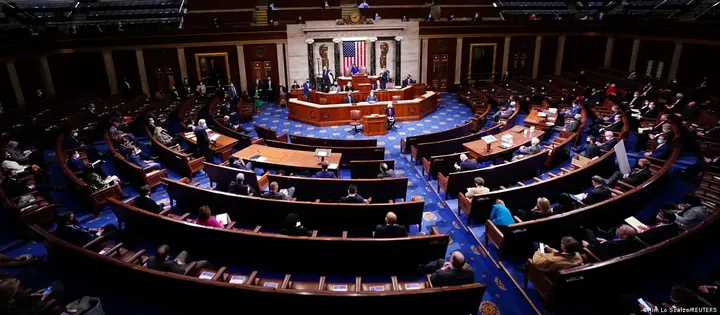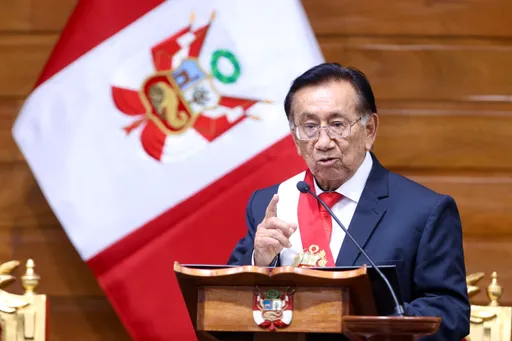A handful of Qatari fans have worn armbands featuring a pro-Palestinian design at the Japan-Germany World Cup match, according to photos posted on Twitter, as Mideast's prolonged conflict catches up with FIFA World Cup in Qatar.
The armbands bore the black-and-white design of the keffiyeh scarf that is synonymous with the Palestinian cause.
Qatari officials have appeared increasingly vexed by unfair criticism of the decision to award Qatar World Cup hosting rights.
The tournament has also buoyed pro-Palestine sentiments among some locals, especially in response to the Qatari government's decision to allow direct flights from Tel Aviv for the World Cup and a delegation of Israeli diplomats to handle logistics.
An estimated 10,000 to 20,000 Israeli fans will visit Qatar during the tournament.
Israelis are usually prevented from visiting Qatar, which does not officially recognise Israel, setting complete independence of Palestine as a condition for recognition.
Teams of Israel and Palestine are not playing World Cup.
But controversy has followed Israelis and Palestinians pouring into Doha, revealing just how entrenched and emotive their violent century-old conflict remains, including Israel's open-ended occupation of Palestine's lands.
Political flash point
Wandering through the rustic outdoor marketplace in Doha before the start of the World Cup, one Israeli journalist zeroed in on a Qatari man in his traditional headdress and white flowing robe and asked for an interview.
"Which channel?" the Qatari asked. The journalist replied he was from Kan, Israel's public broadcaster.
The Qatari was stunned. "Where?"
"Israel," the journalist repeated. A split-second later, the interview was over.
The exchange ricocheted around social media, reflecting the latest political flash point at the first World Cup in the Arab world.
Israel's Channel 13 sports reporter, Tal Shorrer, said he has been shoved, insulted and accosted by Palestinians and other Arab fans during his live reports from the tournament.
"You are killing babies!" a few Arab fans yelled as they rammed into him during a broadcast this week.
Officials in Qatar, with their history of public support to Palestine, have insisted the temporary opening to Israelis was purely to comply with FIFA hosting requirements — not a step to normalising ties like neighbouring Bahrain and the United Arab Emirates did in 2020.
'Our land is still occupied'
Qatar has warned a spike in violence in the occupied West Bank or besieged Gaza would derail the arrangement.
Six Israeli diplomats have set up shop at a travel agency office in Doha, ready to respond to crises large and small. To limit potential problems, the Foreign Ministry has launched a campaign urging Israelis to lie low.
"We want to avoid any friction with other fans and local authorities," said Alon Lavie, a member of the delegation, citing legions of fans from Iran, Saudi Arabia and other countries either hostile or frosty toward Israel now flooding Qatar.
Palestinian fans who made the long journey said they felt their attendance at the world's biggest sporting event served a political purpose.
"I am here as a reminder that in 2022, our land is still occupied," said Moawya Maher, a 31-year-old businessman from Hebron, a particularly tense West Bank city.
He was dancing at a concert at the FIFA Fan Festival, wearing a Palestinian flag as a cape. "I suppose it's a miserable situation. But I'm also proud."























